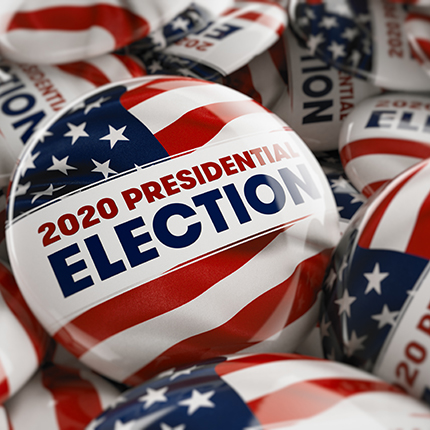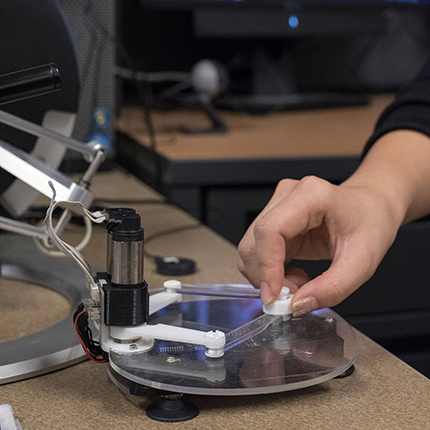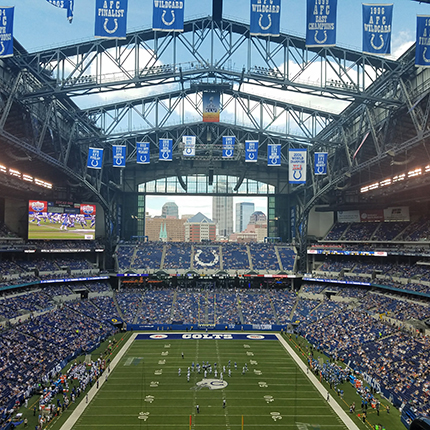Deaton cited other factors holding down wages for working-class people, both blacks and whites, including:
- Loss of unions.
- Non-compete clauses.
- Rising health insurance premiums, which many workers do not realize keep wages from rising.
- Businesses outsourcing lower-skilled jobs, such as janitorial work.
- Globalization and technology changes, although there are technological advances in Europe, but their social net provides better support for workers.
Deaton also discussed what has happened to black Americans.
“For a very long time, the black mortality rate was enormously higher than whites. Black mortality rates are now dropping faster (than whites), but their mortality rate is still higher,” he said. “In many respects, we agree that what’s happening now to white Americans happened to black Americans in the 1970s. Many of the same arguments made about black culture going back to the Moynihan Report in 1965 are now happening to white people.”
The Moynihan Report is the common name for the U.S. Department of Labor report, “The Negro Family: The Case for National Action.” Written by the late Daniel Patrick Moynihan, a sociologist and then an assistant secretary at the department who eventually became a prominent U.S. senator, the report examined black poverty and its roots. It called for more government action to improve the economic prospects of black families.
So, what happens now?
Deaton said things that could be done to remedy this include providing different kinds of education to give people better and more job skills, and finding a way for labor unions to gain a voice at the table. He said labor unions used to do a lot for workers, both economically and socially.
Kevin J. Mumford, associate professor of economics and director of the Purdue University Research Center in Economics, said Deaton and Case make a convincing argument.
”Case and Deaton’s analysis of U.S. death certificates clearly shows that the risk of suicide, drug overdose and death from alcohol-related liver diseases has increased for the working class over the past 50 years,” Mumford said. “In terms of a policy response, I found their call for reforms that decrease the unfairness of our economic system to be convincing.
“They argued that policies which reduce inequality are not always the same as those that reduce unfairness as many market processes that generate inequality are widely viewed as fair. But taxpayer bailouts, rising health care costs, regulatory capture, monopolies, monopsonies and government corruption are viewed as unfair and may lead to discouragement and disengagement. I believe their claim that our economic system has become less fair and is causing many working-class Americans to lose hope.”
The couple’s presentation was an eye-opener for Shauna Kelly, a second-year professional student in the College of Pharmacy from St. John, Indiana.
“I was surprised at the results that they had and at how separate it is for those with BAs and those without them,” Kelly said. “Given the profession that I’m going into, it gave me a lot to think about. I thought what they said about the drug problem was interesting and how people are not looking to religion. I like the way that they looked at it from all aspects and as a whole, not just one single aspect.”





